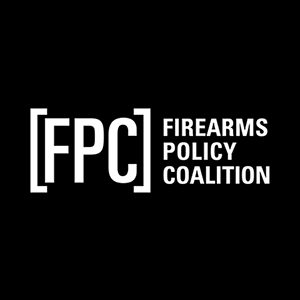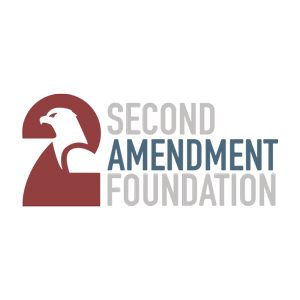
In what is likely a surprise to nobody following this case, on November 14, the intervenors on the side of the State of New Jersey submitted a brief asking the Third Circuit to abstain from rehearing the Koons v. Platkin sensitive places ban case en banc.
The 18-page brief was submitted on behalf of the intervenors for the defendants, New Jersey Senate President Nicholas P. Scutari and Assembly Speaker Craig J. Coughlin, who collectively “intervened in the action below… [and] sought to present the perspective of the New Jersey Legislature in connection with its enactment of L. 2022, c. 131.” This is an attempt to position the state legislature as being unified and adding political legitimacy.
The briefing is in response to plaintiffs (including Second Amendment Foundation, Firearms Policy Coalition, Inc., Coalition of New Jersey Firearm Owners, and New Jersey Second Amendment Society, along with Ronald Koons) requesting that the U.S. Court of Appeals for the Third Circuit rehear the case en banc, following the September decision in which the majority of the panel created their own new and novel standard for determining the historicity of laws that limit where firearms may be carried.
With help from the leaders of both houses of the state legislature, the state appears to be attempting to avoid an en banc hearing at all costs, and for good reason – the makeup of the Third Circuit has recently shifted to a pro-Second Amendment majority with recent Trump-appointed judges.
The state’s argument is in essence that the panel came to a conclusion that satisfies the Bruen test (which is by any objective measure untrue, as we’ve documented here), aligns with other Supreme Court precedent, and resulted in an outcome that doesn’t undermine the state’s position:
Suffice it to say that the panel: (1) carefully considered and applied the historical cases that were presented; (2) discerned the governing “principles” that underpin these cases; and (3) applied those governing principles to the sensitive area designations that are contained in Chapter 131. That approach correctly applied the principles-based “historical analogue” approach recognized in Bruen and confirmed in Rahimi.
In short, Plaintiffs have failed to identify any clear conflict between the panel’s decision with respect to the sensitive-place issue and the Supreme Court’s decisions in Bruen and Rahimi. Therefore, Plaintiffs’ petition for rehearing en banc should be denied.
Further underscoring the State’s fear of a new ruling is their assertion that “It is a settled principle of this circuit that an en banc decision takes precedence over a panel decision.” Yet, it begs the question why the state would object to a new hearing – unless, of course, that outcome has a decision that radically departs from the Third Circuit’s previous decision.

















